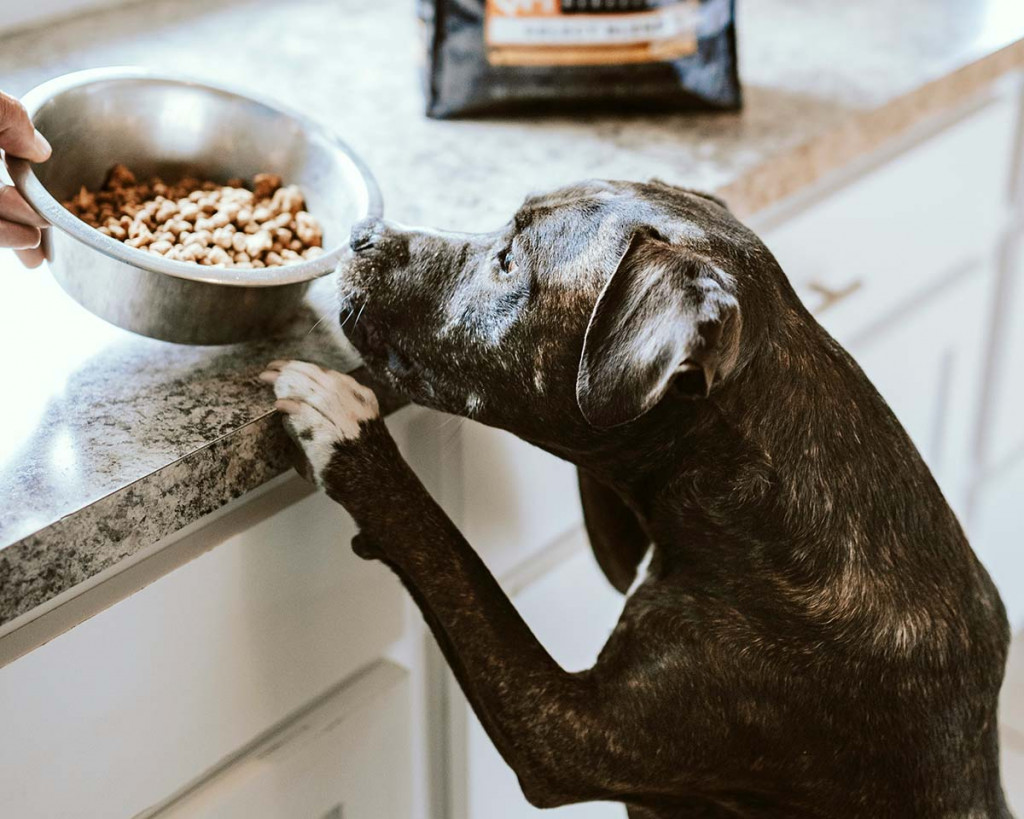The Importance of Diet in Dog Agility

Fueling your Canine Athlete
With the right approach to nutrition, you can unlock your dog's full potential in agility. Dog agility is a demanding sport that requires both physical and mental prowess. While training and practice are essential, a well-balanced diet can significantly impact your dog's performance.
The Power of Nutrition
Like human athletes, dogs need the proper nutrients to fuel their bodies and minds. A diet rich in high-quality protein helps build and repair muscle tissue, which is essential for explosive movements and sustained energy. Carbohydrates provide the energy needed for those bursts of speed and agility, while healthy fats support brain function and overall health.
Avoiding the Pitfalls of Poor Nutrition
A poor diet can lead to a variety of issues, including:
- Lack of energy: Dogs need fuel to perform at their best. A diet low in quality carbohydrates can leave them feeling sluggish and tired.
- Muscle weakness: Protein is essential for muscle growth and repair. A deficiency can lead to weak muscles and poor performance.
- Cognitive impairment: A healthy diet supports brain function, including memory, focus and learning ability.
- Digestive issues: Low-quality ingredients and excessive fillers can lead to digestive problems, impacting energy levels and overall health.
What Is The Best Agility Dog Food?
The best agility dog food depends on your dog’s specific energy and nutritional requirements based on their activity level. Research from Cornell University's College of Veterinary Medicine highlights that sprinter dogs – including agility dogs – benefit from diets higher in carbohydrates (from vegetables and fruit) and lower in fats compared to endurance dogs.
A protein-rich diet is also essential. When reviewing ingredients, the protein source should be listed first, as ingredients are ordered by quantity, just like in human food.
If your budget allows, look for lamb, pork or turkey at the top of the list rather than meat meal – a protein-rich powder made from bones, offal and connective tissue. Avoid pea protein, as it’s sometimes added to inflate protein levels cheaply.
The priority should always be a balanced diet tailored to your dog’s specific needs, along with access to fresh, clean water to prevent dehydration and overheating during events.
Tips for a Healthy Canine Athlete
- Consult your vet: A veterinarian can provide personalised dietary advice based on your dog's needs.
- Canine Nutritionist: Alternatively, consult a qualified canine nutritionist for an even more tailored approach.
- Choose high-quality dog food: Look for foods with high-quality protein sources, such as turkey, fish or lamb. Some reputable brands that offer high-quality dog food for agility dogs include Kronch Agility, Acana Sport and Agility and Millies Wolfheart.
- Use your dog's treats wisely: While treats can be a helpful training tool, too many can cause weight gain. Use around 10% of your dog’s daily allowance as payment for a job well done.
- Remember, hydration is not just a necessity, it's a responsibility. Ensure your dog can access fresh water, especially during intense training sessions. By doing so, you're not just meeting a need, you're showing your dog that you care about its well-being.
- Consider supplements: Supplements may be beneficial for supporting your dog's overall health and performance. For example, maltodextrin can help replace glycogen post-exercise, while omega-3 fatty acids can support joint health and reduce inflammation. However, it's important to consult your vet or a canine nutritionist before introducing any new supplements to your dog's diet.
By investing in your dog's nutrition, you can help them reach their full potential as an agility athlete. Remember, a well-nourished dog is a happy, healthy and high-performing dog.

